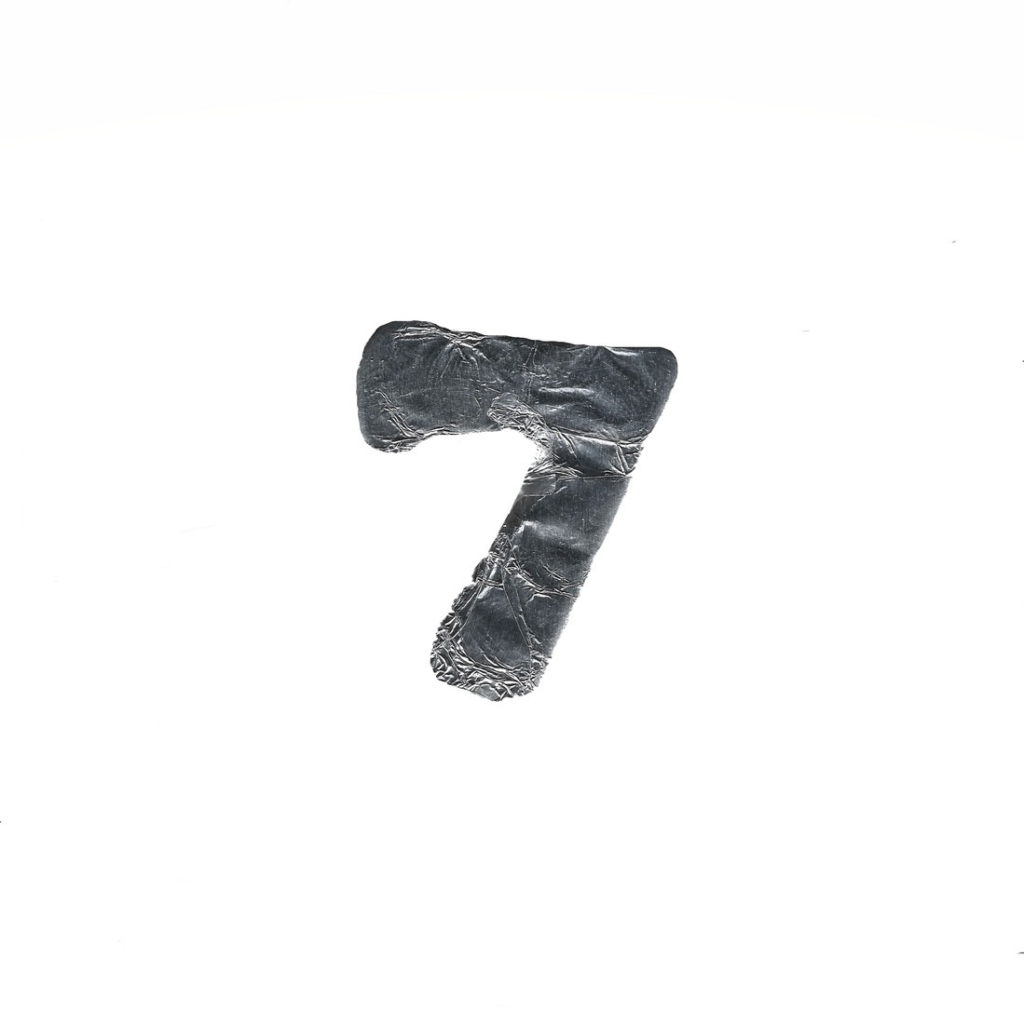‘GRAB it, take it, it’s yours…’
So goes one of the lines in Alternative Ulster, a song released in 1978 by a scrappy punk band from Belfast.
That song and the band’s second single, Suspect Device (also released in ’78), have long since been regarded as classic punk rock songs.
These and 28 others, which gather five years of A-sides and B-sides, can be found on Stiff Little Fingers: The Singles 1978-1983 (Captain Oi!).
As a compact history of the band’s early years, it’s comprehensive, but it’s fair to say that as the few years passed, the band’s quality control veered from exemplary to mediocre.
Every time the dart hit the bullseye with songs such as Wasted Life, ’78 RPM, Nobody’s Hero, Tin Soldiers, Go for It, Silver Lining, and Safe as Houses, they also knocked holes in the wall with songs such as Straw Dogs, You Can’t Say Crap on the Radio, Bits of Kids, and two extreme low points: live versions of Running Bear and White Christmas.
SPEAKING of low points, Matthew Devereaux: Keep Sketch (House Devil Records) features life stories that occasionally dip below the joyous.
 Matthew Devereaux: Keep Sketch
Matthew Devereaux: Keep SketchHowever, as with the man’s work in The Pale (his long-established band that he is best known for), there are throughout his new solo album varying levels of that most precarious state of mind: happiness.
Devereaux flicks through his back pages here, listing off evocative tales of growing up on Dublin’s northside. With sparse musical accompaniment (electronic instruments only, which lend the songs a minimalist, metronomic atmosphere), it’s a low-key album from a songwriter who deserves a higher profile, but such are the breaks for a working musician. Sometimes, the retelling of formative years with humour, insight, and truth is enough.
TRUTH is certainly a byword for Irish singer-songwriter Moncrieff, whose debut album, Maybe It’s Fine, brims with the confidence of a musician who seems to have found the sweet spot between confession and holding back.
Unlike many other songwriters of his generation, he has realised that spilling too many beans too soon isn’t necessarily a good thing – holding cards close to the chest can be beneficial, especially when it comes to telling different stories. What makes the album work, also, is the coherent nature of the song styles.
 MONCRIEFF
MONCRIEFFFrom gospel/soul (Somebody’s Baby) and ballads (I Just Don’t Think I’ll Make It Over You) to funk (Hard Feelings) and enduring pop (Shangri-La), the album succeeds as a smart entity of its own.
WE are in similar territory with Ciara Lawless and her second album, Divine Intervention (Human Angel Records). From the very start, the album is imbued with such an ‘80s vibe that we could be in an episode of Miami Vice soundtracked by the first half hour of MTV USA.
Songs like Dreams, Unbreakable, Running, and Free to Fly remind you of music acts like Tears for Fears, funny haircuts, Laura Brannigan, guitar solos, Howard Jones, and ruffled shirts. The album, says Lawless, is “an upbeat collection of empowerment songs inspired by a childhood accident that showed me that we are all connected, and that with the power of people, a strong belief and blind faith, we can achieve anything.”
 Ciara Lawless' latest release
Ciara Lawless' latest releaseWhich is fair enough. That said, we certainly don’t think she’s the ‘Irish Kate Bush’ (as her PR people are pitching her), but there is a knowing pop sensibility here, a forceful voice, and some good ideas.
IT’S THE same with Irish-Dutch singer and songwriter Rob de Boer, whose debut album, Man to You, is the certifiable sonic equivalent of summer sunshine.
 Rob De Boer's Man to You
Rob De Boer's Man to YouYou know the score: walking along narrow countryside lanes with the smell of lavender in your nostrils and a blade of grass dangling between your lips.
The minutes slip by, and alongside the buzz of bees and the birdsong is an album full of lazy, hazy songs that bring to mind the likes of soul/jazz/pop greats such as Bill Withers, Erykah Badu, Nina Simone, John Martyn, and Leon Bridges.
Smooth as honey, and as warm as a duvet? Walk this way.

